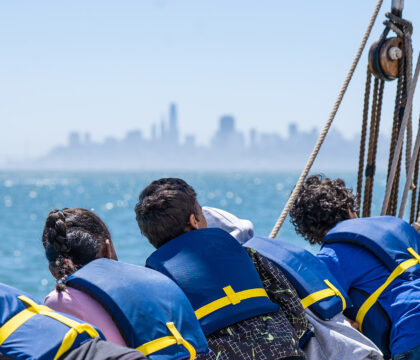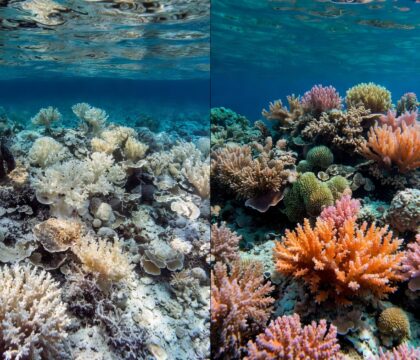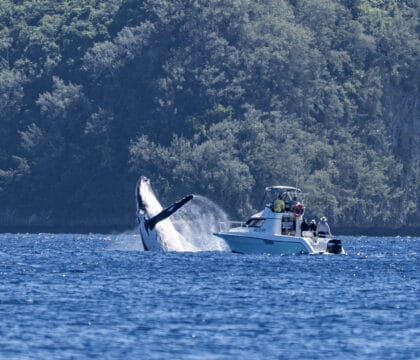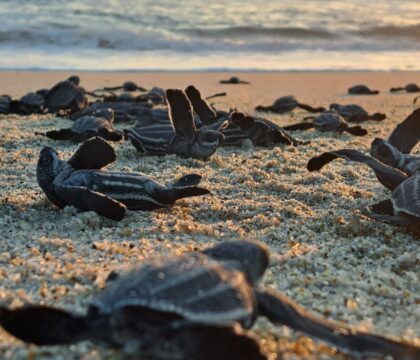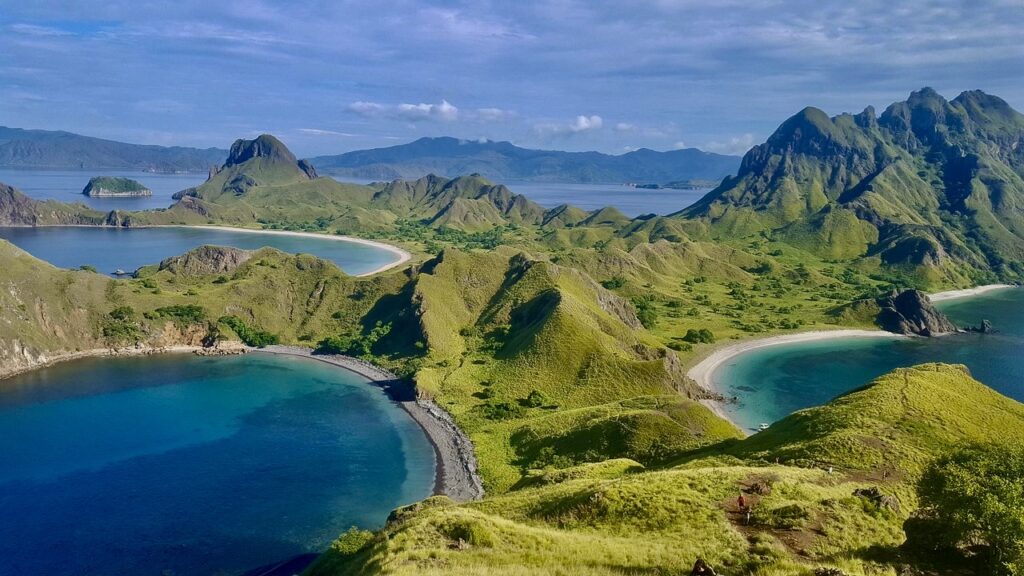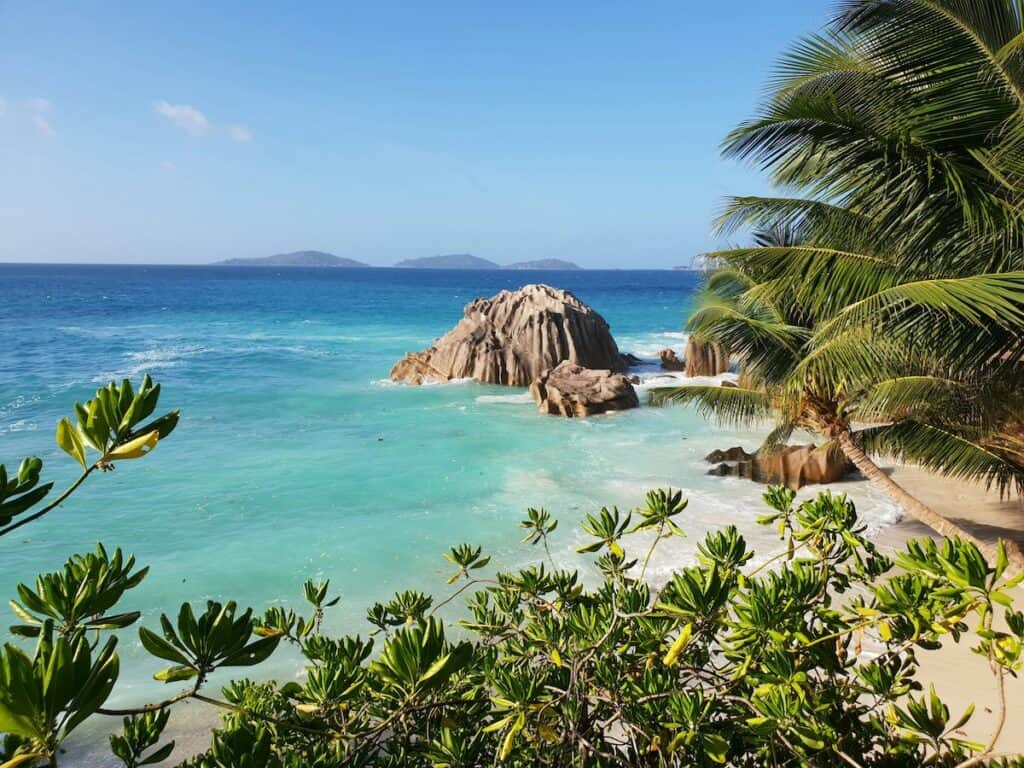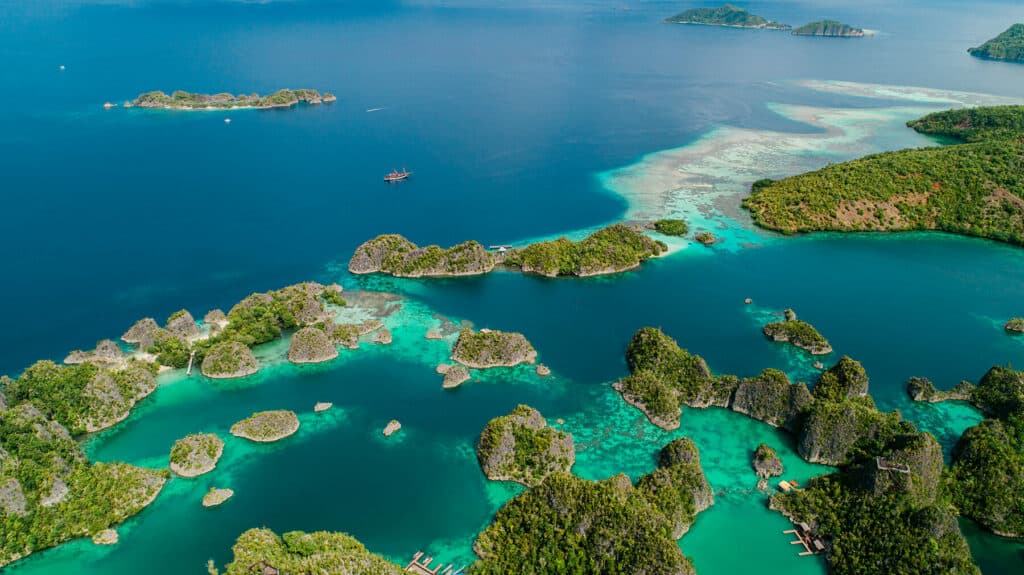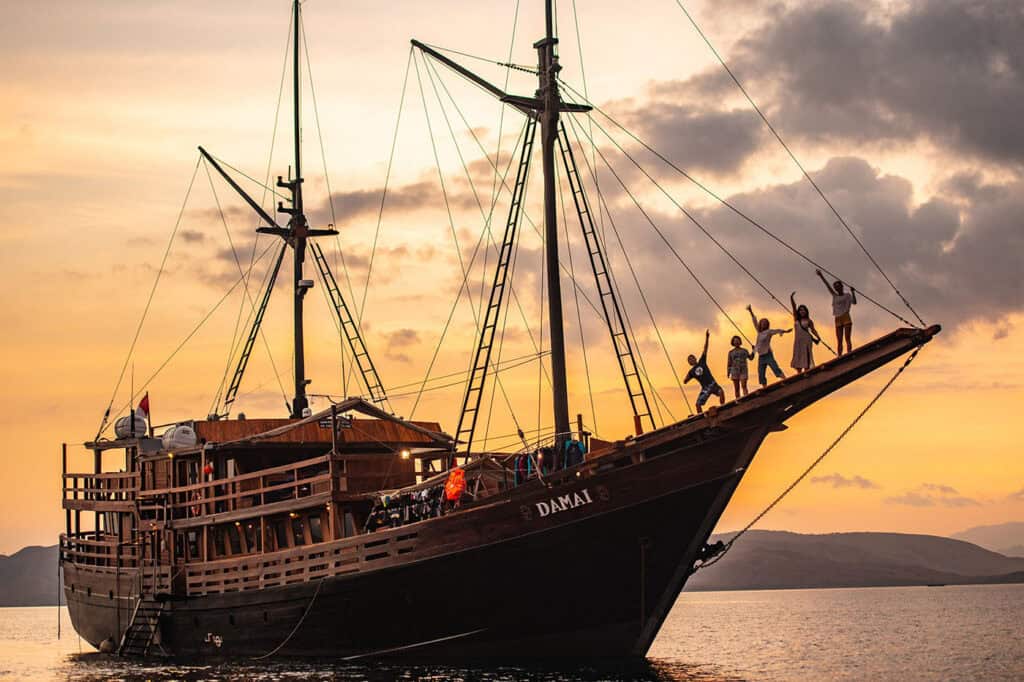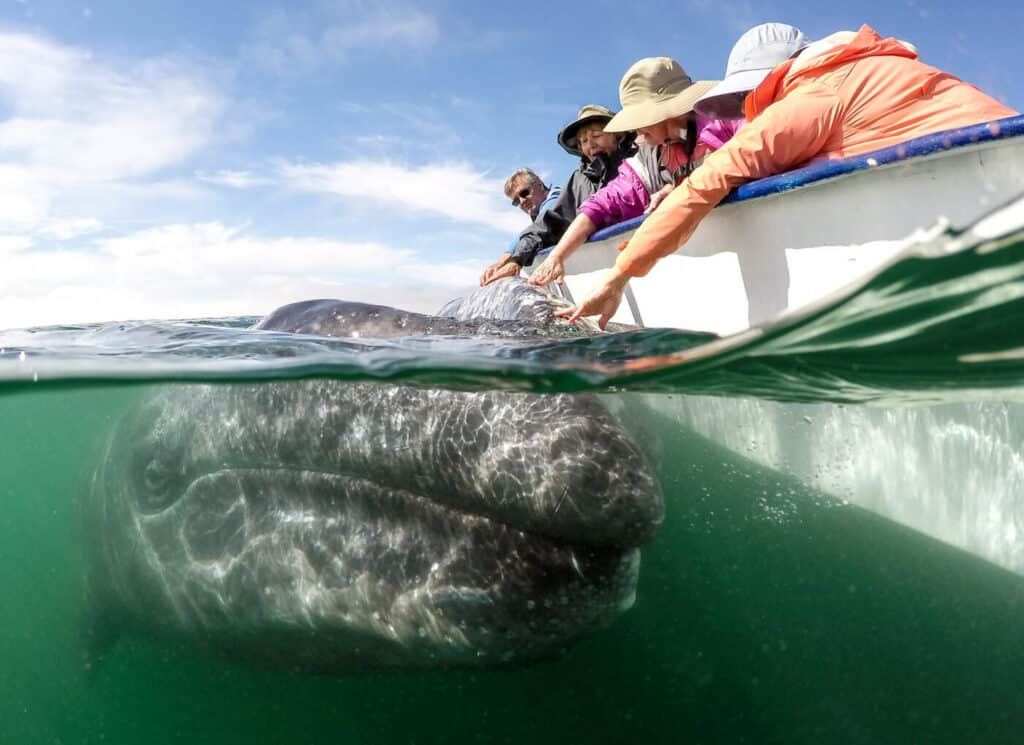May 23, 2014 • News Announcements
This article first appeared in The State of the World’s Sea Turtles (SWOT) Report, Vol. 9, published by Oceanic Society in April 2014.
“Winning isn’t everything. It’s the only thing.”
— Vince Lombardi
I am not a very competitive person when it comes to sports. Neither are my daughters, which suggests the possibility of a genetic basis for such things. We prefer the personal enjoyment of athletic activities without the confines of “winners,” “losers,” speed records, or scoreboards. As spectators, we like a good game as much as we care about our team winning. That is not to say we do not strive to improve our skills and endeavor toward self-improvement. But process usually trumps outcome. We relish mistakes and learning for the sake of improving.
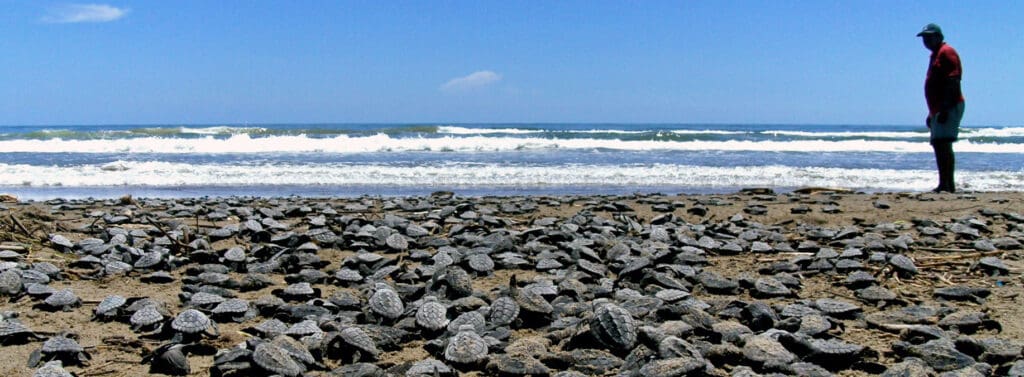
Kemp’s ridley hatchlings make their way to the sea in Tecolutla, Veracruz, Mexico © Vida Milenaria
My philosophy is different when it comes to my chosen work—protecting oceans and restoring sea turtles: I like to win, and I know you do too. In the conservation game, losing means extinction. And although the phrase has become cliché, extinction is forever. Losing sea turtles is just not an option. We have devoted our lives to winning this game.
Some of our colleagues have been at this for over half a century. I have more than 20 years of work for sea turtles under my belt. Some among us are just getting started. What seems clear is that when you commit to fighting for sea turtles, you are in it for the long haul. This is a game of slow-motion chess, not downhill skiing or even four quarters of football.
A quick Web search for “sea turtle success stories” produces tens of thousands of results. But the query “Have we won?” has a more elusive response. For those engaging in sea turtle work, right off the mark things often get worse—sometimes much worse—before they get better. My sense is that the most interesting and useful information about winning comes from those low points, when our backs have been against the wall and the odds and the best science are against us. It is a fuzzy topic, winning, but here are five thoughts:
- Science and policy are far from enough. Over and over again, we have seen the science pile up alongside poetically written laws and policies, international agreements, and treaties. Although we need science and policy, alone they certainly are not enough, especially when resources for enforcement are thin or nonexistent.
- Winning is tenacity to the point of fanaticism. Someone must take the guidelines provided by scientists and policymakers and put them into play. That would be us, the turtle-hugging, fanatical, ocean-loving members of this tribe of tortugueros. No one else cares enough to do what we do. Who else would stay up all night in the rain—with millions of mosquitoes—waiting to move some eggs? No one, that’s who.
- Winning is not the end, it is a process. The honest truth—perhaps good news for those who love this game—is that there is no end for the foreseeable future. Even if you could define the ultimate win, emergent threats like climate change and plastic pollution lie just beyond those threats we are addressing now—bycatch and beach development.
- Winning is a state of mind. There are plenty of signs that things are getting better. First, the sheer numbers of people of all kinds, grassroots organizations, and research institutions working for sea turtles globally are staggering. Second, over the past 20 years sea turtles have become much more popular, even cool. That really was not the case a few decades ago. Third, as you will read throughout this issue, at many locations around the globe the number of sea turtles is way up, and people are now dealing with new questions related to legal use of turtle products and negative impacts of “too many turtles” (be still my heart). Neuroscience suggests that staying in a positive state of mind is a very useful, powerful tool.
- Winning is a feeling. You have been there in the trenches, in the chaotic mix, and felt that what you were doing was right, good, and working. You could never quite put your finger on it, but your years of experience and study told you to “keep pushing right there.” So you did, and things continued to get better. That was your brain working together with other brains the way it has evolved to do so elegantly.
Sea turtle conservation is not a game, a campaign, or a battle. Sadly there are no starting guns, time clocks, or final whistles and no finish line, goalpost, or winner’s circle. Having more live turtles is better than having fewer, we know, but what metrics truly define success? Across a playing field or a chessboard, those questions are well defined. Across the globe’s coasts and oceans, they are less so.
One thing I know with certainty is that global sea turtle conservation has the best team: smart, innovative, tireless, and passionate. What we sometimes lack in funding resources we make up for in tenacity, grit, and camaraderie. Through relentless collaboration and sharing, world-class science, and creative communication, we are indeed driving down the field and keeping sea turtle extinctions at bay.
We are all part of a process that includes times for teamwork, times for fighting, times for loving, and no clear ending. And we have some remarkable stories and some deeply experienced conservationists among us to consult with as we proceed. The answers are elusive and, frankly, well beyond the scope of this essay, but the articles in this
SWOT Report Special Feature offer a handful of ideas from different perspectives within our discipline—they mark a step toward defining how we know we have won.
Download a free copy of The State of the World’s Sea Turtles—SWOT Report, Vol. IX, including this article by Wallace J. Nichols and many more, at www.seaturtlestatus.org.

